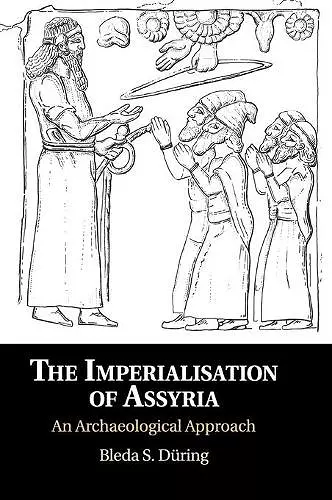The Imperialisation of Assyria
An Archaeological Approach
Format:Hardback
Publisher:Cambridge University Press
Published:30th Jan '20
Currently unavailable, and unfortunately no date known when it will be back

How can we understand the remarkable success of the Assyrian Empire? This book provides an agent-centred explanation using archaeological data.
This book focuses on the archaeology of the early Assyrian Empire. Using rich archaeological datasets it explores how people participated in this empire and what might have motivated them to do so. It is argued that the empire was successful mostly because it provided incentives to those who participated.The Assyrian Empire was the first state to achieve durable domination of the Ancient Near East, enduring some seven centuries and, eventually, controlling most of the region. Yet, we know little about how this empire emerged from a relatively minor polity in the Tigris region and how it managed to consolidate its power over conquered territories. Textual sources, often biased, provide a relatively limited source of information. In this study, Bleda S. Düring examines the rich archaeological data of the early Assyrian Empire that have been obtained over the past decades, together with the textual evidence. The archaeological data enable us to reconstruct the remarkably heterogeneous and dynamic impact of the Assyrian Empire on dominated territories. They also facilitate the reconstruction of the various ways in which people participated in this empire, and what might have motivated them to do so. Finally, Düring's study shows how imperial repertoires first developed in the Middle Assyrian period were central to the success of the Neo-Assyrian Empire.
ISBN: 9781108478748
Dimensions: 260mm x 186mm x 14mm
Weight: 600g
198 pages